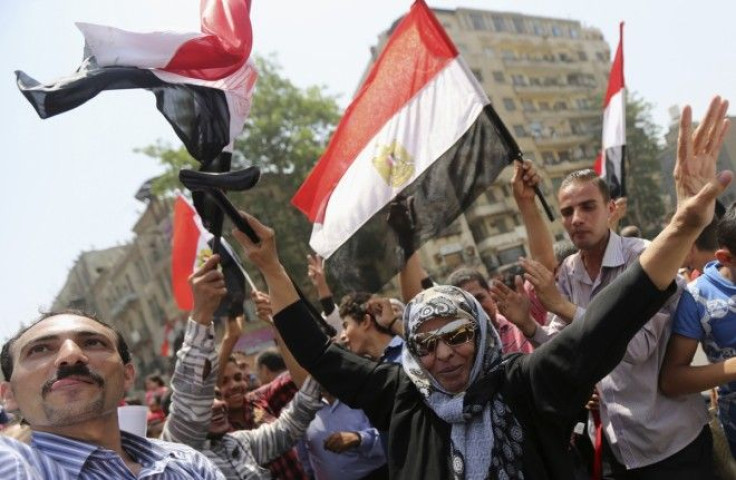Egypt's Sisi Faces Tough Task to Fix Economy

Former head of the armed forces Abdel Fattah al-Sisi may have won the race to become Egypt's next president, but a hard road still lies ahead. Egypt's president-in-waiting faces a momentous challenge in the form of Egypt's ailing economy, which has provided the backdrop for the demise of two presidents in three years.
Although Sisi secured an expected landslide victory in national polls, a relatively low turnout of around 46% may make it difficult for Egypt's new leader to push through the large-scale reforms demanded by the international community. Sisi has come to the presidency without giving much detail on economic reform plans. Vague promises to help Egypt's poor and improve the economy are yet to be translated in to policy. However, there are a few key areas where Sisi is facing pressure to push through reforms that could boost state coffers and foreign currency reserves.
Energy subsidies
The Egyptian government provides consumers with a hefty subsidy on electricity and gas. The cost of these subsidies shot up in the wake of the 2011 uprising that toppled Hosni Mubarak, as the Egyptian currency plummeted and energy imports became more expensive.
The country's finance minister warned in March that state spending on energy subsidies would reach 10-12% above budget unless reforms were made to the system immediately. The interim government hiked electricity prices for the richest Egyptians in the run-up to the election, although the changes will be implemented over a three to five year period and may be tinkered with by the incoming government.
Bread subsidies
The Arab world's most populous nation imports around 10 million tonnes of wheat every year, which eventually reaches the country's 85 million citizens in the form of heavily subsidised bread. The subsidy has stood for decades as political leaders have sought to stave off social unrest. However, the subsidies have become unaffordable. In the months preceding the presidential poll, Egypt had trouble paying for wheat on international markets, resulting in a number of missed payments.
Tourism
Egypt's tourism sector has been hit badly by the political unrest that has plagued Egypt since Hosni Mubarak was ousted in 2011.
The vast Sinai desert has become a haven for radical Islamist rebel groups opposed to the government. They have launched attacks and conducted kidnappings across the region, including a bomb attack in February 2014 which killed three Korean tourists.
In 2010, the year before the uprising in Cairo's Tahrir Square, 14 million tourists had visited the country while tourism accounted for 14% of Egypt's gross domestic product (GDP). The latest figures published by the Egyptian Central Agency for Public Mobilization and Statistics, showed that those numbers have been on a downward trajectory ever since.
The number of tourists visiting the North African country in March was down from more than a million in 2013 to 755,000, 32.4% lower, Egypt's statistics agency reported. There have even been reports that work has become so scarce for local tour guides, they have turned to cultivating poppies to earn an income. In order to attract tourists back, Sisi will have to establish security in the country. Quelling the lawless Sinai is likely to be the former army chief's top priority.
© Copyright IBTimes 2024. All rights reserved.











